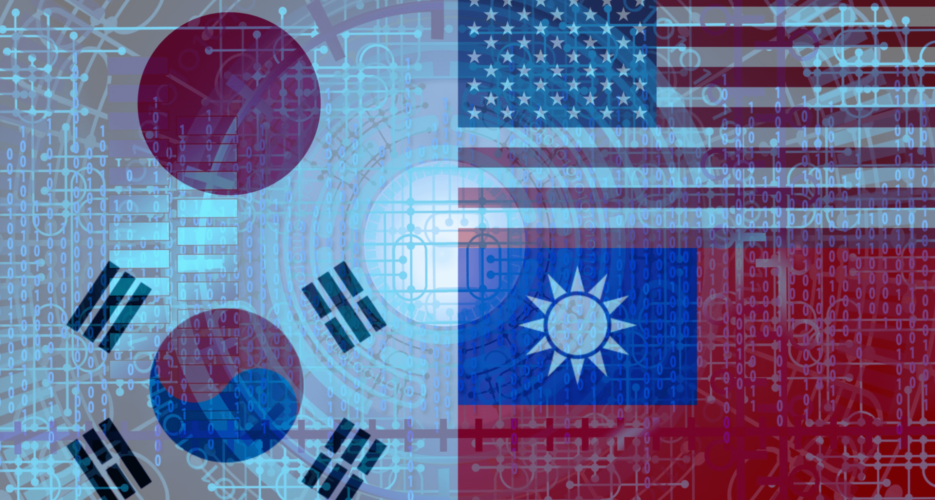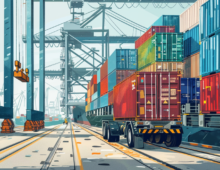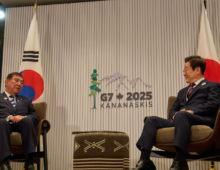China would have has less reason to consider economic costs and security risks of escalatory policies if delinked
In recent months, decoupling — or reducing dependence on other countries — has been a much-talked-about activity for South Korean lawmakers. The Chip 4 alliance, with which South Korea is now involved, is a prime example, as well as the continuation of Trump-era protectionism codified in the Inflation Reduction Act that creates new barriers for South Korean and other foreign automakers.
Chinese leader Xi Jinping, meanwhile, emphasized the importance of self-sufficiency and economic independence at China’s latest party congress, raising new questions about the long-term growth prospects for Seoul’s largest trading partner and, in turn, the South Korean economy.
In recent months, decoupling — or reducing dependence on other countries — has been a much-talked-about activity for South Korean lawmakers. The Chip 4 alliance, with which South Korea is now involved, is a prime example, as well as the continuation of Trump-era protectionism codified in the Inflation Reduction Act that creates new barriers for South Korean and other foreign automakers.
Chinese leader Xi Jinping, meanwhile, emphasized the importance of self-sufficiency and economic independence at China’s latest party congress, raising new questions about the long-term growth prospects for Seoul’s largest trading partner and, in turn, the South Korean economy.
Get your
KoreaPro
subscription today!
Unlock article access by becoming a KOREA PRO member today!
Unlock your access
to all our features.
Standard Annual plan includes:
-
Receive full archive access, full suite of newsletter products
-
Month in Review via email and the KOREA PRO website
-
Exclusive invites and priority access to member events
-
One year of access to NK News and NK News podcast
There are three plans available:
Lite, Standard and
Premium.
Explore which would be
the best one for you.
Explore membership options
© Korea Risk Group. All rights reserved.
No part of this content may be reproduced, distributed, or used for
commercial purposes without prior written permission from Korea Risk
Group.












